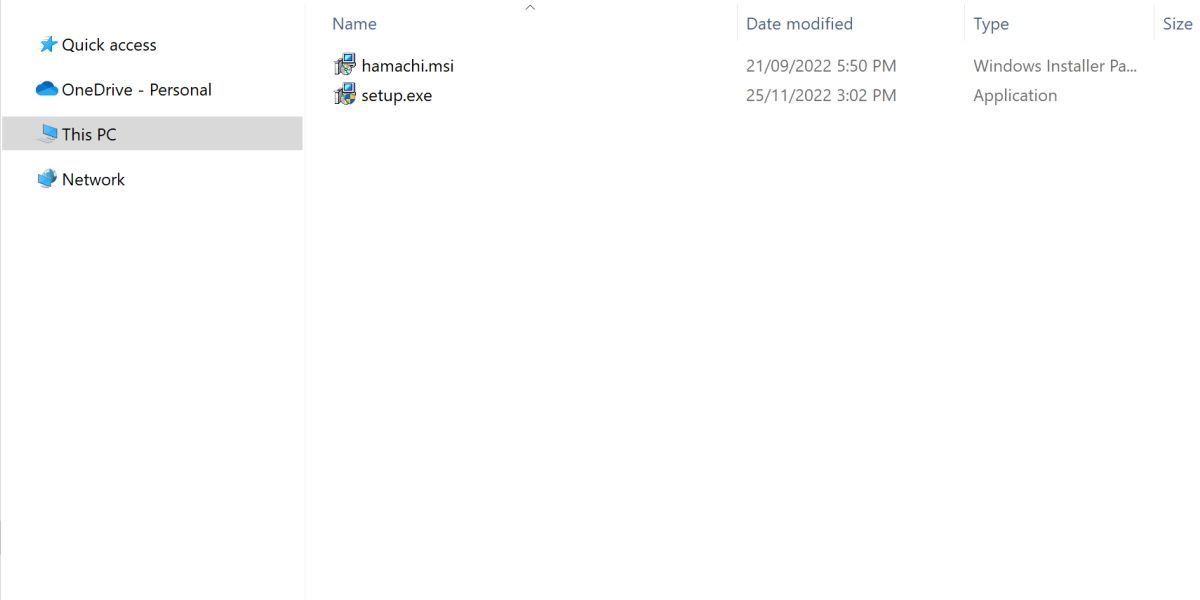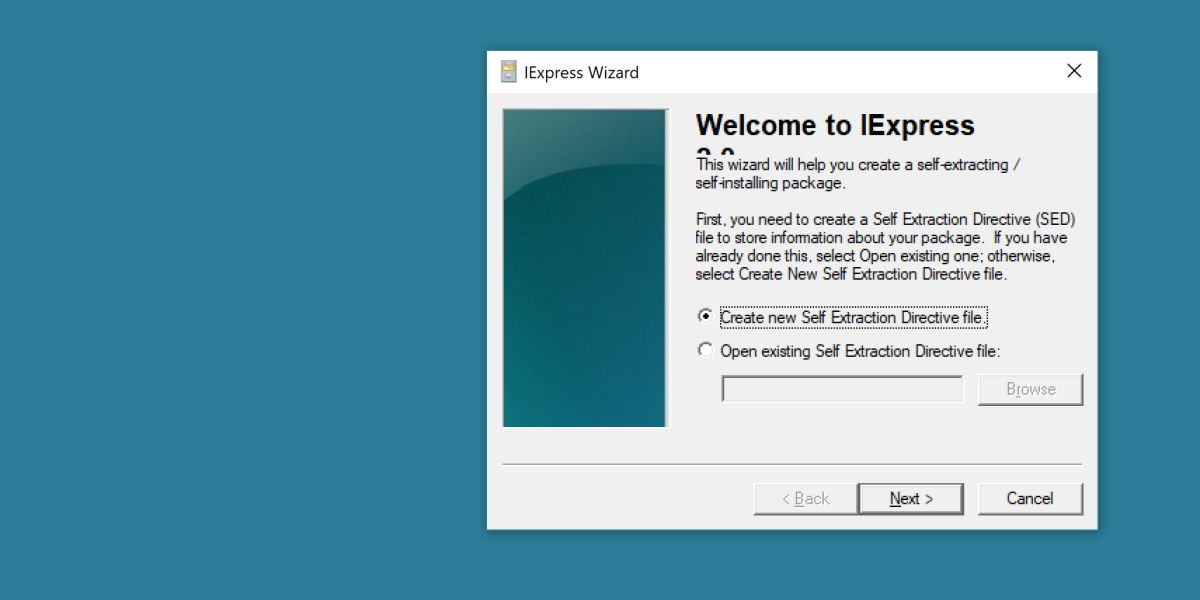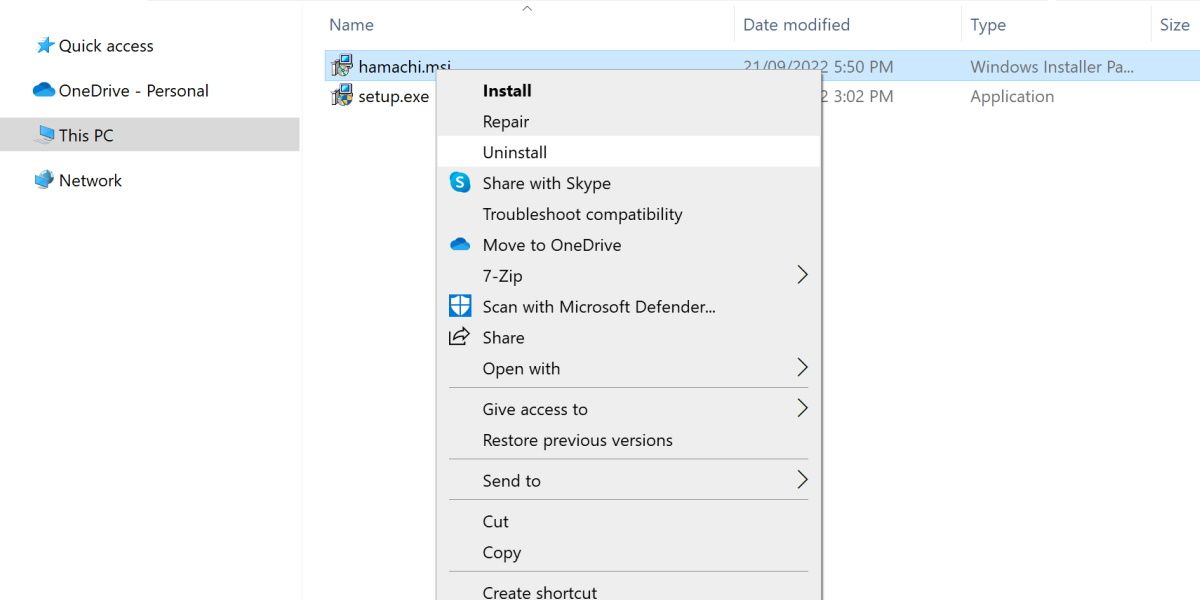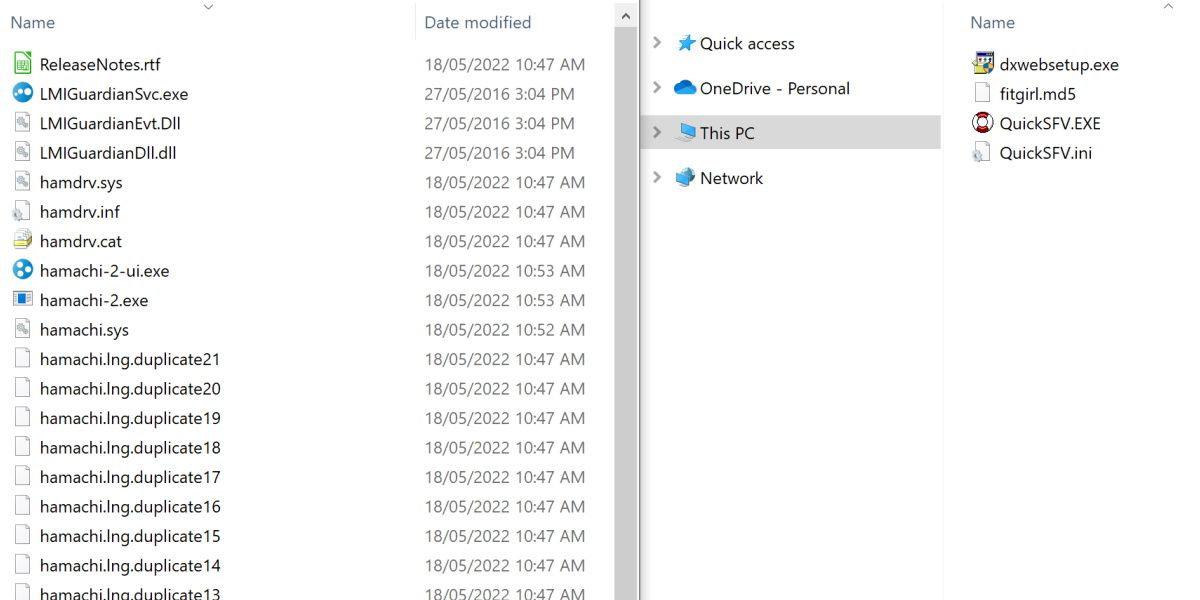
Unpacking Variations Between EXE and MSI Formats

Unpacking Variations Between EXE and MSI Formats
EXE files and MSI files. There’s a lot of overlap in what they can both do, yet they are also very distinct from each other.
So, what are the major differences between the two, and why are they often associated? Let’s have a look.
Disclaimer: This post includes affiliate links
If you click on a link and make a purchase, I may receive a commission at no extra cost to you.
EXE vs. MSI Files: What They Do

You might conflate an EXE file and an MSI file due to them being capable of very similar things. You’ve most likely installed a program using an EXE file, as well as with an MSI file.
Understanding how they’re different requires understanding what they do.
An EXE file is anexe cutable file. This is a general term for anything from an installer to a standalone program, or even just code.
An MSI file is aM icros oftI nstaller file. This is dedicated exclusively to installing data using the Windows Installer. You cannot run an independent program from an MSI file, but all programs are installed using the Windows Installer.
Even understanding all of that, there still seems to be some overlap between the two. Let’s dig a little deeper into each one.
The Distinctions of the EXE Format

An EXE file is defined by how highly customizable they are. Because an EXE file can execute any sort of code, it gives ultimate flexibility to developers.
A developer could insert code, an installer, or even other EXE files within one.
This leads to the main problem with EXE files. It’s very easy to hide something within an EXE file, such as a virus.
So, the main distinctions of an EXE file are as follows:
- Can be anything that executes code, such as installers and programs.
- Highly customizable; it’s possible to layer EXE within an EXE.
- Vulnerable to viruses.
The Distinctions of the MSI Format

An MSI file is defined by how limited they are. They will always be an installer package, never a program or unauthorized code.
They must also meet standardized requirements and no unauthorized code can be inserted.
This makes them generally safer to run. This is because, essentially, the MSI file type is how the entirety of Windows manages the installation, maintenance, and removal of software.
This also means that you can actually run into system bugs that prevent the MSI file type from running properly. Thankfully you’re always able tofix issues with the MSI file type, but you should still keep it in mind.
The main distinctions of an MSI file are as follows:
- Can only install, maintain, or remove. No programs or code can be launched.
- Meet safety requirements EXE files do not. Generally safer to run.
- A core component of Windows.
Is Either EXE or MSI Better?

Not really; MSI and EXE were both built for different tasks and both meet different needs. It’s unlikely you’ll need to directly compare them at all.
The MSI file type will help you install, maintain, or remove software on your machine. An EXE file can also do this, but it will ultimately use the same system that an MSI file does anyway.
So, unless a program has provided you with both an EXE and an MSI file for installation, it’s not a choice you’re going to have to make.
What if you are faced with that choice, though?
Well, an MSI installer package is more likely to be a straightforward installation, whereas an EXE installer can be loaded up with more options. For example, you might be able to download and install multiple versions of a program using a single EXE file.
Another aspect is security. If you don’t trust what you’re about to install, seeing it as an MSI file should make you feel safer than if it were an EXE.
As long as you’rekeeping your Microsoft Defender up to date , even that shouldn’t be a huge concern.
EXE and MSI: Working in Harmony
These two file types, most often associated with installer packages, actually depend on each other quite a lot. An EXE file couldn’t install anything without the Windows Installer, and inversely, you couldn’t run your installed programs without an EXE.
While they share some similarities, they share lots of differences as well. Thankfully, it doesn’t need to be a choice in most circumstances.
Also read:
- [New] Swipe up for a Dose of Self-Reflection - Curated #InstagramCaptions
- Commanding Artificial Intelligence: Best Educational Sessions
- How to Unlock Xiaomi Mix Fold 3 Pattern Lock if Forgotten? 6 Ways
- In 2024, 6 Ways To Transfer Contacts From Poco X6 Pro to iPhone | Dr.fone
- In 2024, A Comprehensive Guide to iCloud Unlock From Apple iPhone 15 Online
- In 2024, Mastering Automatic YouTube Playback on Social Media Hubs
- New 2024 Approved Discovering Varied Scream and Howl Synthetics
- Pure Performance: Ditch Bloatware in Win11
- Rectify Windows' Automatic Scroll Habits
- Rehabilitating a Crash-Prone Windows 11 Bin
- Safe Fitness Strategies Personalized by GPT
- Solving Unsupported Fingerprint Errors in Windows OS
- Steps for Overcoming Disk Read Errors
- Troubleshooting and Fixes: Why Isn't Your Corsair Keyboard Lighting?
- Title: Unpacking Variations Between EXE and MSI Formats
- Author: David
- Created at : 2024-11-13 19:04:08
- Updated at : 2024-11-17 17:20:26
- Link: https://win11.techidaily.com/unpacking-variations-between-exe-and-msi-formats/
- License: This work is licensed under CC BY-NC-SA 4.0.